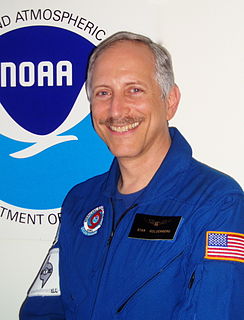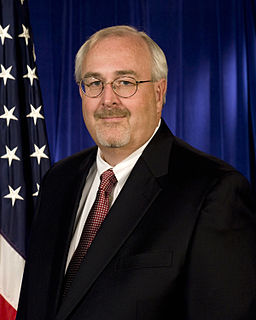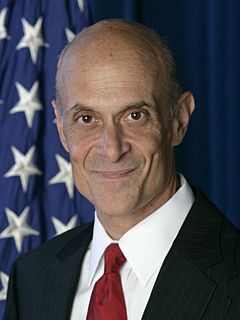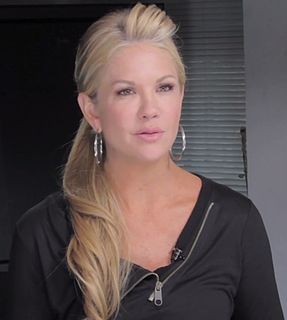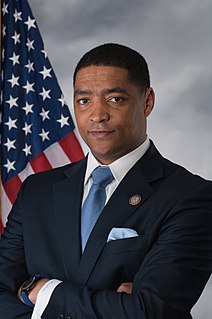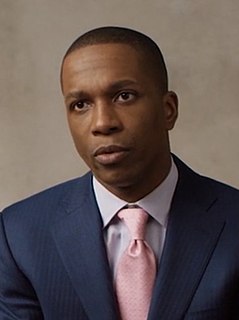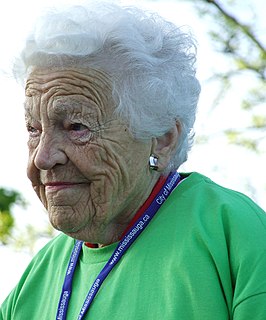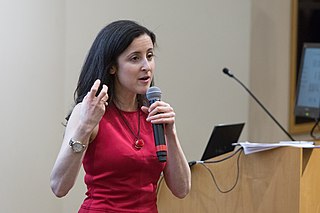A Quote by Mickey Spillane
Where I am they can smell out a hurricane. My house survived Hurricane Hazel, but it didn't get past Hugo.
Related Quotes
My family and I survived Hurricane Katrina in 2005; we left my grandmother's flooding house, were refused shelter by a white family, and took refuge in trucks in an open field during a Category Five hurricane. I saw an entire town demolished, people fighting over water, breaking open caskets searching for something that could help them survive.
If you go back in history, the most deadly parts of the hurricane has been water. Wind is actually not as deadly as people think it is, although they tend to look at the wind field and look at that as a risk. What has historically killed people in past from hurricanes has been water, storm surge. That Hurricane Hugo's coastal flooding has been the leading cause of death. And that's why we're so adamant about getting people to evacuate. We spend a lot of time and resources to map those areas ahead of time. But it only works if people heed those evacuations and go to higher ground.
I do a lot of work with the Red Cross, too. As a reporter, before I went to entertainment news, I tended to follow natural disasters. I went to Charleston, South Carolina, after Hurricane Hugo. I went to Miami the year after they were recovering from Hurricane Andrew. I came to California when they were recovering from a big earthquake. I've seen the Red Cross and how they stay there years after a natural disaster. They're not just there when a disaster is happening.
There was a lot of the 'Hamilton' experience that was like a locomotive. It was a hurricane, so the apartment often looked like a hurricane. There were clothes and shoes all over. We were getting more things in than we had room for. We had to figure out how to make space for all the blessings and goodness coming toward us.
While Hurricane Katrina demonstrated the dangers of failing to evacuate hospitals from the path of a storm, Hurricane Gustav demonstrated that moving thousands of sick people has its own risks. Gustav also highlighted a critical vulnerability of American hospitals - an inability to withstand prolonged blackouts.


